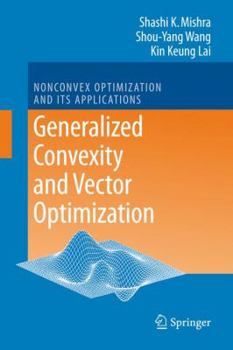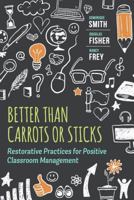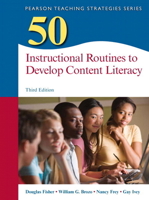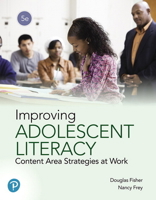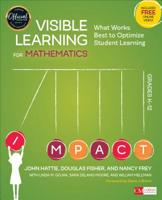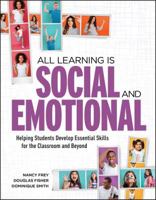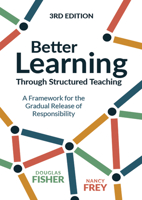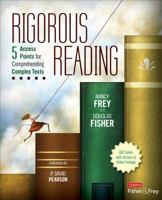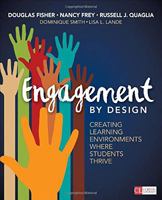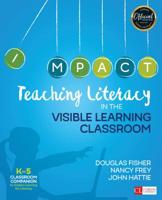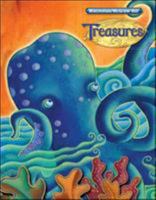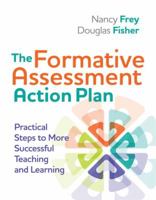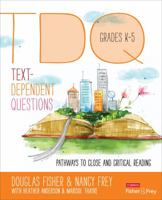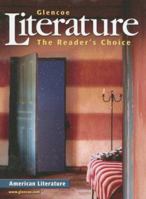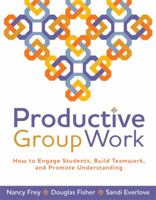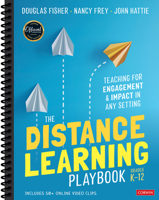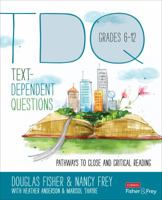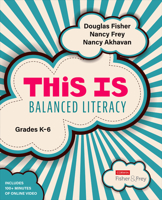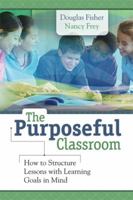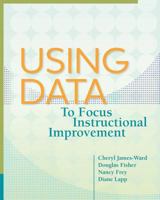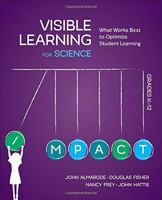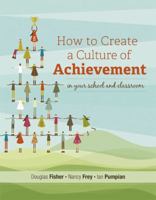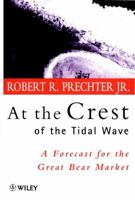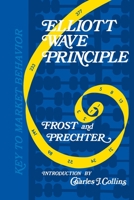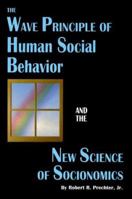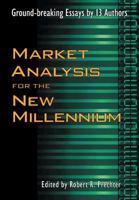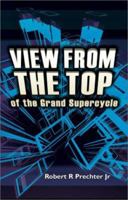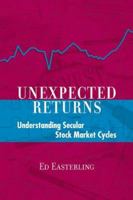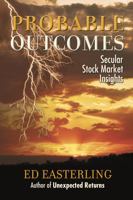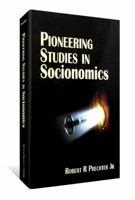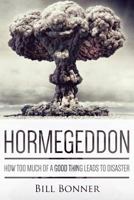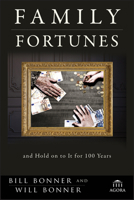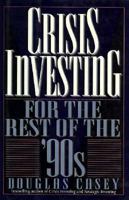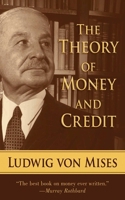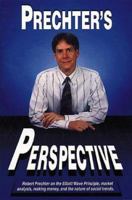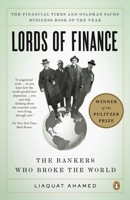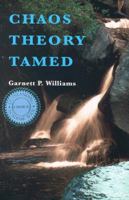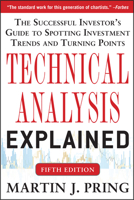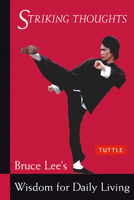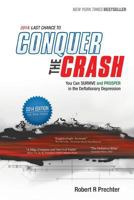Generalized Convexity and Vector Optimization
Select Format
Select Condition 
Book Overview
You Might Also Enjoy
Customer Reviews
Rated 5 starsWho are you going to believe?
Subscribers to Prechter's newsletters will have already read most of what is in this book. But for the other 99.99% of investors in the world who are not his subscribers, he has distilled down his reasoning and recommended course of actions into one convenient place.This book is really two books within one set of covers -- the publisher even uses two different kinds of paper stock to differentiate the "books." In "book one,"...
0Report
Rated 5 starswish I read this book sooner
This book is a must read. I picked it up 10 days ago and could not put it down until I finished it. My only regret is that I did not have access to this book a few months ago. It would have saved me a lot of anxiety and money as I have suffered w/ other investors through a tortuous decline in the market. I have been aware of the Elliott Wave concept for years but admittedly not as a serious student of the concept. Prechter...
0Report
Rated 5 starsConquer the Crash ( OR Invest and Perish)
This is probably the most important book of Bob Prechter from the standpoint of social service.The first book of Bob in the early's 80s suggested investing in stocks for a multi year profit against the bearish consensus.He was right and the herd was wrong.Now he is suggesting to everyone who would listen to take out the money before it is too late.History should prove him right again and the bullish herd wrong.This is the...
0Report
Rated 5 starsRead This Book While There's Still Time!
"How much time is left?" That's the question that kept ringing through my mind as I finished reading Bob Prechter's new book, Conquer the Crash. "How much time is left? And how fast can I take appropriate action?" There's definitely a sense of urgency created in this insightful and wonderfully readable book. While it's not specifically about equities trading or financial astrology, the topics that provide the usual focus...
0Report
Rated 5 starsRead This Book While There's Still Time!
A lot of what drives market activity--and what creates opportunities for profitable trades--is herd behavior. When prices start to go up, the bullish sentiment spreads, and as soon as a crowd gets involved, a rally is underway. When fear sets it, it gets contagious and the market crashes. But the really big opportunities come from the ability to step outside of the herd's expectations and see things from a different perspective...
0Report










